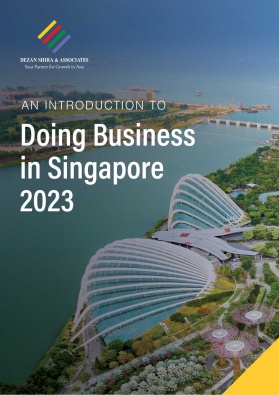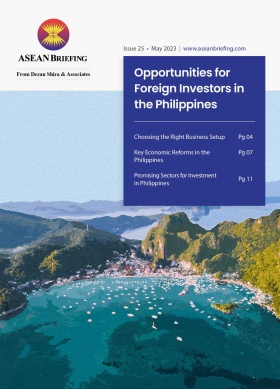Indonesia New Tax Regime for Benefits-in-Kind
Indonesia’s Ministry of Finance issued Regulation 66 of 2023 (MOF 66/2023) to govern the tax treatment of benefits-in-kind (BIK).
MOF 66/2023 states there are two types of benefits-in-kind:
- Compensation-in-kind: Compensation in non-cash form such as meals, uniforms; and
- Compensation in the form of facilities, such as housing, vehicles, and medical facilities.
The regulation also sets out the types of benefits-in-kind in Indonesia, when employers can exempt benefits-in-kind from taxable income, and how benefits-in-kind are taxed and valued.
What types of benefits-in-kind are not taxable?
The following benefits-in-kind are not taxable in Indonesia.
Food and beverages
Food and beverages provided in the workplace are not taxable. Further, food coupons or reimbursement for meals outside of the workplace priced no more than 2 million rupiah (US$131) (for each employee) are also not taxable.
Gifts for religious holidays and other events
Gifts in the form of food, drinks, or meals for religious holidays, such as Eid-al Fitr, Christmas, Chinese New Year, Nyepi, and Waisak are not taxable. There is no limit on this value.
Gifts for non-religious events, however, must not exceed 3 million rupiah (US$196) per person in one fiscal year. Beyond this amount would be a tax liability.
Health, security, and safety benefits
Uniforms, medication/vaccines, and safety equipment are not taxable, and there is no limit in terms of the value.
For healthcare, the benefits-in-kind must cover emergencies, occupational accidents, follow-up treatments, and occupational diseases. There is also no limit on the value.
Vehicle facilities
Vehicle facilities from an employer are not taxable if the employee does not have capital investment in the employer and has a maximum gross monthly income of no more than 100 million rupiah (US$6,599).
Work equipment
Equipment needed to support the employee’s duties, such as laptops, computers, phones, and internet connections, are not taxable.
Sports facilities
Sports facilities must be received or earned by employees and are limited to 1.5 million rupiah (US$98) per year, per employee.
This facility excludes golf, horse racing, motorized boat racing, gliding, and automotive sporting activities.
Communal and non-communal living facilities
Communal living facilities, such as dormitories, lodges, or barracks, are non-taxable. Non-communal living facilities, such as apartments and houses, are also non-taxable but have a limit of 2 million rupiah (US$131) per employee, per month.
Employer’s contribution to employee pension funds
The employer’s contribution to the employees’ pension fund is not taxable.
How are benefits-in-kind calculated?
If the benefit-in-kind was received in the 2022 financial year, then the employer is exempted from withholding the income tax, and the employee is exempted as an income tax object.
For the 2023 financial year (January – June), the employer is exempted from withholding the income tax. For the employee, benefits-in-kind must be calculated, paid, and reported by employees in their 2022 annual income tax return.
Staying Compliant with Indonesia’s HR and Payroll System: A Guide for Global Employers
Webinar | Tuesday, October 31, 2023 | 3:00 PM Jakarta / 4:00PM China / 9:00 AM CET
Join our webinar and hear our experts unveil the key aspects of employee and labor laws in Indonesia. Gain insights on factors needed by businesses to ensure their payroll system remains compliant in Indonesia.
About Us
ASEAN Briefing is produced by Dezan Shira & Associates. The firm assists foreign investors throughout Asia and maintains offices throughout ASEAN, including in Singapore, Hanoi, Ho Chi Minh City, and Da Nang in Vietnam, in addition to Jakarta, in Indonesia. We also have partner firms in Malaysia, the Philippines, and Thailand as well as our practices in China and India. Please contact us at asean@dezshira.com or visit our website at www.dezshira.com.
- Previous Article Economic Partnership Talks Launched by Indonesia and Peru
- Next Article Investing in Indonesia’s Nongsa Special Economic Zone







